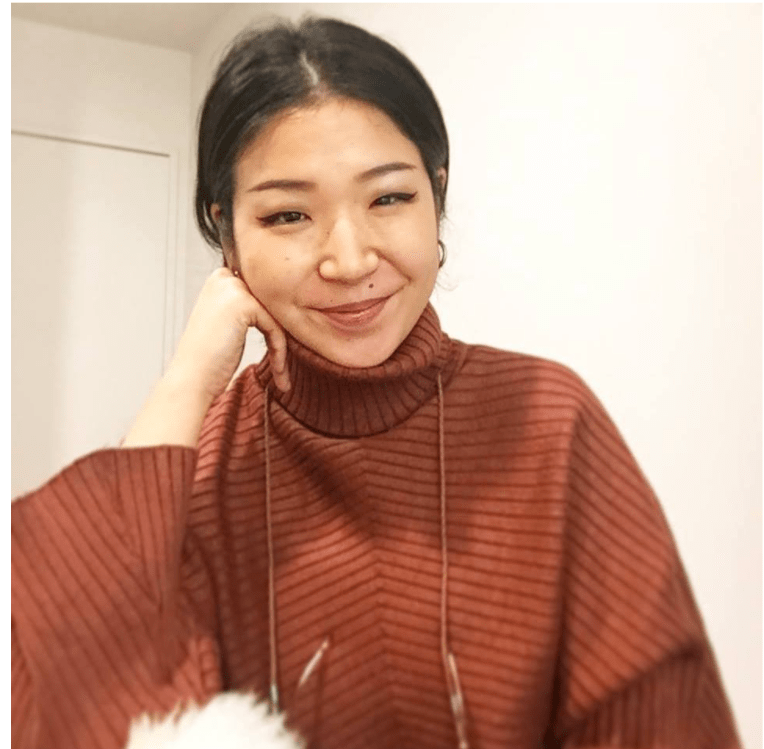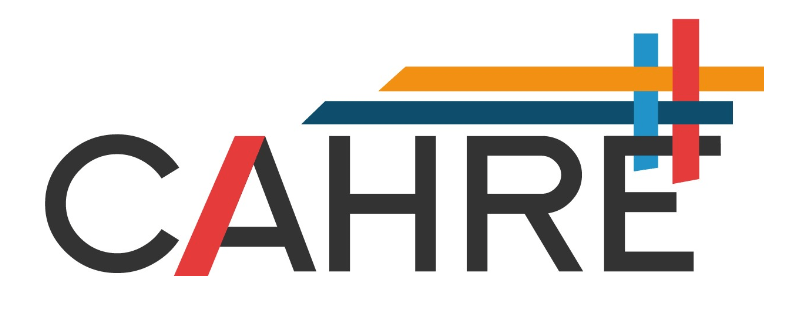CAHRE is situated within the School of Population Health, a School that is characterised by its inter- and transdisciplinary approach to health research. Many of our postgraduate students draw on a range of theories that reach beyond a ‘standard’ health repertoire. In keeping with this, Erica, an emerging academic from the Department of Sociology has crossed the disciplinary boundary to author this post. Erica shares her thoughts on decoloniality in praxis, challenging us to consider taking a critical and, at the same time, liberating approach to our research. For those exploring decoloniality or decolonising methodologies, this blog and authors mentioned will make for fruitful reading.
Theorising as a racialised migrant woman of the Korean diaspora standing on the land of Aotearoa, the question ‘what does decoloniality mean for us?’ is an ongoing exploration and reflection of researcher positionality that is particular to those of us who lay outside of the dominant racial/ethnic rhetoric of the Maori/Pakeha binary.
In this blog, I take up the luxury of speaking from ‘our’ perspective, though, not to universalise nor flatten the myriad of complexities and nuances within our communities. The tension between universality and particularities is one I believe can co-exist, to acknowledge our shared experiences under the current oppressive colonial power matrix, that of the capitalist-heteropatriarchal-white supremacist structure, yet at the same time, create space, claim and celebrate the particularities of each one’s whakapapa, journeys and lived experiences. This is often a difficult contradiction to reconcile, but one I believe we can learn to accept as co-existing realities of the human experience rather than an either-or, mutually exclusive states of being.
Throughout my academic journey, decoloniality, decolonisation, to decolonise, and all its synonymous strings have been one that has been a difficult one to make sense of. It has been difficult because the imperative and its principals were ones that aligned with my axiological commitments in research, but one I rarely came across from the perspective of those of us who are not Māori nor Pākehā.
For a racialised, Asian migrant woman, did the praxis of decoloniality look the same the ones that have been forged by tangata whenua and by the descendants of early settler colonisers?
Beyond my socially assigned labels as ‘Asian’, ‘migrant’, a minority, I was also part of a long history of my own peoples, though through years of both overt and covert forces of assimilation, it was a history I had learned to excise myself away from. The part of collective histories I was part of wasn’t only tied to the sociohistorical context of Aotearoa, but also to that of my motherland Korea and her progeny of diasporas.
To ‘decolonise’ by the way of blindly taking up the blueprints set out by those who experience social existence differently to my own felt almost like a re-colonising process, one I was fearmongered to engage in so as not to be ‘cancelled’, to grotesquely ‘virtue signal’ according to the unwritten rules of academia.
My dissatisfaction with what was on offer led me to hone back to the work of Catherine E. Walsh and Walter Mignolo on decolonialty. To engage in decolonial praxis, that is, to practice and live the theory and principles of decoloniality, requires not that of obeying certain blueprints, but rather, to take up the laborious work of understanding our particular positionalities in both local and global histories, whilst having the humility to connect them to making sense of our own lived experiences.
To practice decoloniality for me, has meant, understanding that it is the monopoly of power and its subsequent imperial status of particular ideologies in a particular moment in time that which is the source of oppressive subjugation of unequal power relations. And that the subjugated (or rather, ‘objugated’ for the sake that oppression always objectifies and dehumanises those who are oppressed) cannot be free from the power of coloniality until we ourselves take up the responsibility of freeing ourselves, for those who oppress us aren’t going to do that for us.
In practice, that meant identifying the particular ideologies that has given birth to, shaped and maintained various ‘injured’ identities (as Butler calls it) I have come to internalise. Some of my injured identities being racialised as ‘Asian’, a perpetual foreigner, an invader, a hypersexualised sex object, a model minority who dare not speak up about our own communities’ lived experiences. The ideologies being that of ‘Yellow Peril’ as a branch of White Supremacy, the inherent dehumanisng relation under capitalism that deem migrants merely as ‘capital’ to address the needs of a nation’s economy, the anti-Blackness and anti-Maori rhetoric within the Asian communities that tie back to the idea of ‘primitivism’ as another branch of White Supremacy, and so forth.
Once identified, it was then the work to accept that this is the reality of the current state of affairs, so as to diagnose the problem in order to imagine what could be possible beyond. For the only constant in society is change and that the power to rehumanise ourselves and imagine a better world was in our own hands.
Driven by the beating decolonial impulse that pulsates in the work of Linda Tuhiwai Smith, the grassroots-driven millieu of decolonisation endeavours of local activism that is truly well and thriving in Aotearoa, and in a healing discovery of that same impulse in learning about the people’s history of my motherland, Korea, I took up the work of comparing epistemologies of Te Ao Māori and Korean Thought to address the question of, ‘so now what?’.
In resonance with Audre Lorde’s famed quote, ‘the master’s tools will never dismantle the master’s house’, I sought for worldviews in which I could rehumanise myself. There was a limit to how fruitful conceptual tools could be for liberation when utilising works that theorise my positionality as ‘Other’ despite its good intentions.
Though my position on Lorde’s quote now aligns more with that of Lewis and Jane Anna Gordan, that “Slaves have historically done something more provocative with such tools than attempt to dismantle the Big House. There are those who used those tools, developed additional ones, and built houses of their own on more or less generous soil. It is our view that the proper response is to follow their lead, transcending rather than dismantling Western ideas through building our own houses of thought. When enough houses are built, the hegemony of the master’s house – in fact, mastery itself – will cease to maintain its master status”.
So, through painstaking and frightful efforts of taking risks away from conventions, building my own house of thought for my own liberation and praxis of decoloniality, is precisely the project I took up, in which what ended up being the project that was my Master’s thesis. At the obvious risk of coming across as a self-plug, the detailed record of that journey for the interested readers can be indulged in the open-access publication of the thesis here.
In sum, my answer to ‘what does decoloniality mean for us?’ is that it is different for each of us. It involves laboursome interrogation and tracing of our own particularities and histories, whilst staying tethered to the view that the oppressive structures indeed oppress all of us, albeit in different ways, facing the painful realities of our colonised psyches and swallowing those bitter pills.
All in order to give us options to imagine something better, freer, to live in liberation, and for us to do justice the incredible privilege that is being able to explore these things as researchers.

About the author
이혜지 Hye Ji (Erica) Lee, B.A.Hons, M.A.
https://www.ehyeji.com/
Erica completed her B.A. (Hons) and M.A. in Sociology at Waipapa Taumata Rau (University of Auckland). She is currently a researcher with the Ethnic Women in Politics Aotearoa project and lectures as a Professional Teaching Fellow in the Department of Sociology.
Born in Wonju, Korea and raised in Tāmaki Makaurau, her research and pedagogical principals and interests are guided by her lived experiences in the field of ‘race’, critical theory, Marxism, decoloniality, comparative epistemologies, phenomenology, psychoanalysis, identity politics and migrant experiences.
